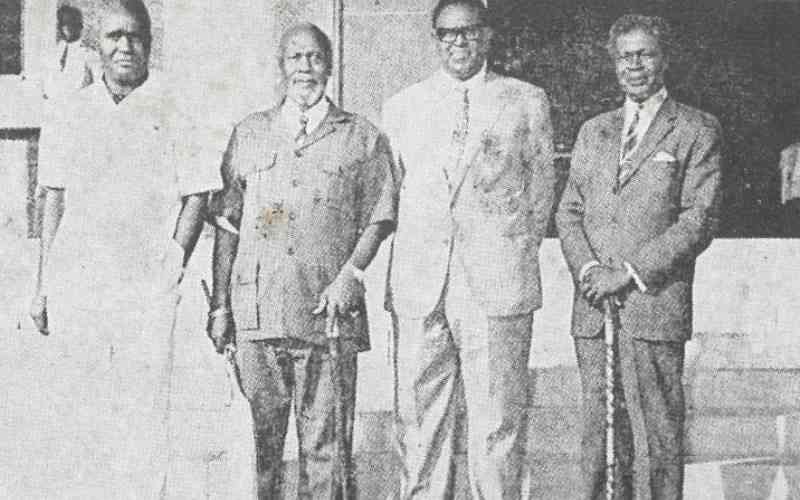×
The Standard e-Paper
Fearless, Trusted News

When Kenya's Prime Minister (PM) Jomo Kenyatta hit the streets of Mogadishu in Somalia to the wild cheering by crowds lining the route on July 26, 1962, he mistakenly believed that he had finally broken the ice with his frosty neighbour.
Kenyatta had jetted into Somalia to have a candid talk with his counterpart, Omar Abdirashid Ali Shermake in the hope that the bickering over the future of Somali-speaking people in Kenya after independence would be resolved.